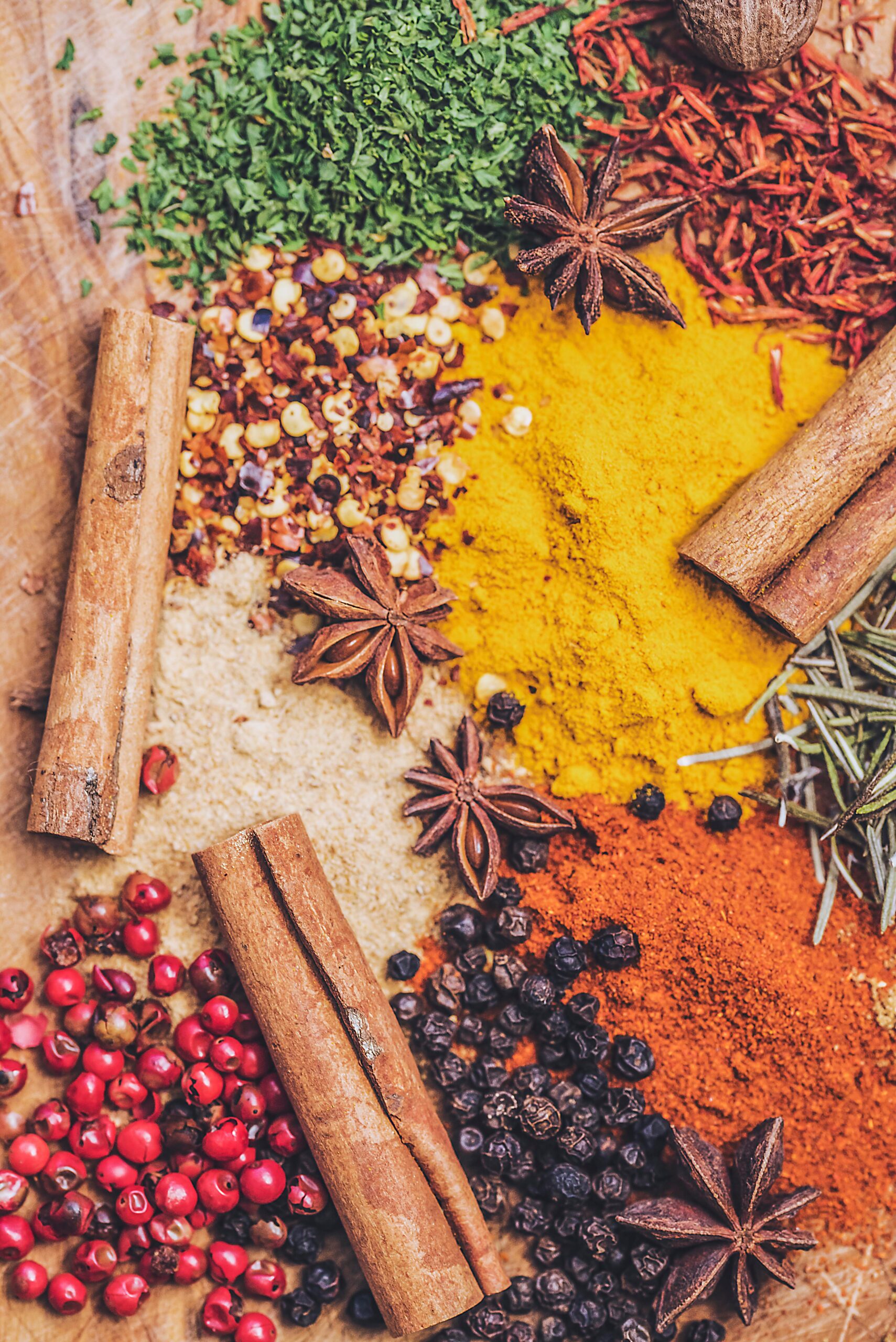
Eczema
Chinese Medicine, Acupuncture & Natural Therapies for Eczema
Eczema affects approximately 31 million Americans every year. Conventional treatment options are limited to external and/or internal steroids. While these medications are effective in relieving the symptoms of eczema, the side effects of long term use can be severe. Chinese medicine offers a different approach for patients who prefer a less invasive and non-chemical treatment approach to this illness.
There are numerous different strategies to consider for eczema that can offer effective treatment without the side effects. In Chinese Medicine, these strategies are developed after looking at the skin condition, asking other health questions, and using Chinese Medicine diagnostics to determine the underlying cause of the eczema. Chinese Medicine views that eczema is caused by external influences, an internal disharmony or combination of both.
The most effective way to treat eczema is with a combination of internal and external herbs with acupuncture. Using a three-step approach shortens the response time to treatment. The granule herbal formulas used to treat internally are made specific for each patient. This way you can target the disharmony specifically which can vary from person to person. The external herbal salves are chosen due to the presentation of the eczema. So even the external treatment needs to be specific for it to be effective.
Aside from the use of the Chinese herbs, acupuncture is used in conjunction with treatment. Stimulating acupuncture points increases the production of endorphins and simultaneously activates the endocrine and immune systems. Acupuncture points are specific areas on the body that give us access to the bodies healing mechanisms. For skin disorders, the acupuncture points I use are located on the arms, legs, torso, and ears. The needles will be retained for 30-45 minutes. You should notice significant changes in your eczema in 1 month of treatment. It can take 3 months to one year for long lasting effects. This depends on how long you have had the condition, consistency with treatment, and your willingness to make lifestyle changes.
Other therapies that help with eczema include dietary changes. This gets specific after we discover your underlying cause. However, some general changes that you can make now include avoiding alcohol, coffee, energy drinks, shrimp, crab, breads, deep fried greasy foods, dairy products, fermented foods and sugar. Eating leafy green vegetables, berries, garlic, walnuts, cucumber, squash, and mung beans. Be sure you are getting plenty of sleep, get to bed before 10:00 p.m. Avoid overworking and look for ways to decrease stress. Use breathing techniques, yoga, qi gong, painting, going for walks, do something you like to do on a regular basis. This will help lower stress levels. One other trick is to use Neem Oil or coconut oil on those areas before taking a bath or shower. A lot of salves and lotions contain alcohol which is drying to your skin. Increasing the problem.
The following nutritional supplements should be considered:
- Biotin– a B vitamin, needed for fat production and in the synthesis of fatty acids. Recommended range is 300-400mcg. You may need more if you have used antibiotics, especially sulfa drugs. Kids 120-200 mcg is recommended.
- Vitamin B-12, recommended dose is 500-1000mcgs until skin healed.
- Selenium, mineral that functions as a component of the enzyme glutathione peroxidase, which is has antioxidant functions. 50-200 mcg recommended.
- Sulfur, best way is to eat eggs, garlic, and onions. It is needed for the maintenance of the skin, hair, and nails.